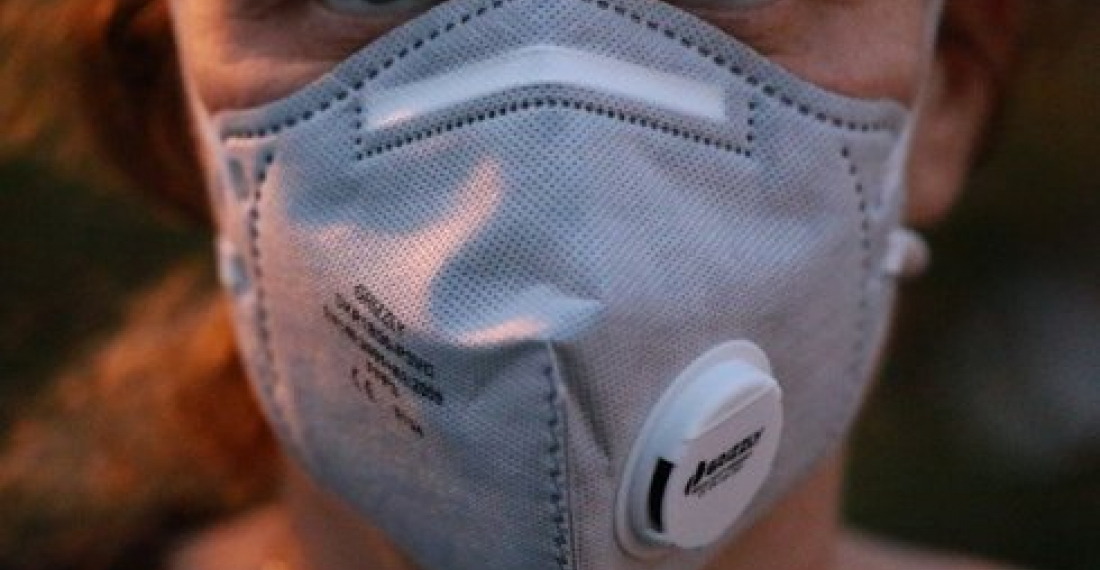Since the beginning of the crisis, we have all been aware of the shortage of face masks, but do they really work? As the US Centers for Disease Control and Protection formally recommends wearing masks to the public, William Murray clears up some common misconceptions in this short article for commonspace.eu.
Over the last few weeks, there has been a level of confusion regarding the value of face masks, with some spreading that they are of no help whatsoever at preventing the spread of the virus. This simply isn't true. Whilst they aren't 100% effective, they are able to block many of the little droplets released in the breath, which is considered the most effective way for the virus to spread [1].
But should you wear a face mask? In the US, this week, officials have recommended the use of face masks to the general public [2]. The World Health Organization, however, has been clear that the only people that should be wearing face masks are those that are sick or taking care of someone that is sick [3]. The BBC have reported that this to prevent the unnecessary touching of the face - removal of the mask needs to be done properly to be effective - and to avoid people being lulled into a false sense of security. [5] In any case, having a face mask is not a substitute for social distancing.
For those looking to make their own masks at home, NBC reports some fabrics work better than others [5].
Source: This short article was prepared by William Murray for commonspace.eu. It is part of our series of public service announcements aimed at helping our readers deal with issues related to the coronavirus pandemic and its effects.
Featured references
[1] Buzzfeed - 'What You Need To Know About The Great Face Mask Debate': https://www.buzzfeednews.com/article/zahrahirji/coronavirus-face-mask-cdc-n95-surgical-fabric-homemade
[2] Live Science - 'Everyone should wear face 'masks' in public, CDC now recommends': https://www.livescience.com/cdc-recommends-face-masks-coronavirus.html https://www.buzzfeednews.com/article/zahrahirji/coronavirus-face-mask-cdc-n95-surgical-fabric-homemade
[3] WHO - 'Coronavirus disease (COVID-19) advice for the public: When and how to use masks': https://www.who.int/emergencies/diseases/novel-coronavirus-2019/advice-for-public/when-and-how-to-use-masks
[4] BBC - 'Coronavirus: Why some countries wear face masks and others don't': https://www.bbc.com/news/world-52015486
[5] NBC - 'Making your own face mask? Some fabrics work better than others, study finds': https://www.nbcnews.com/health/health-news/making-your-own-face-mask-some-fabrics-work-better-others-n1175966







